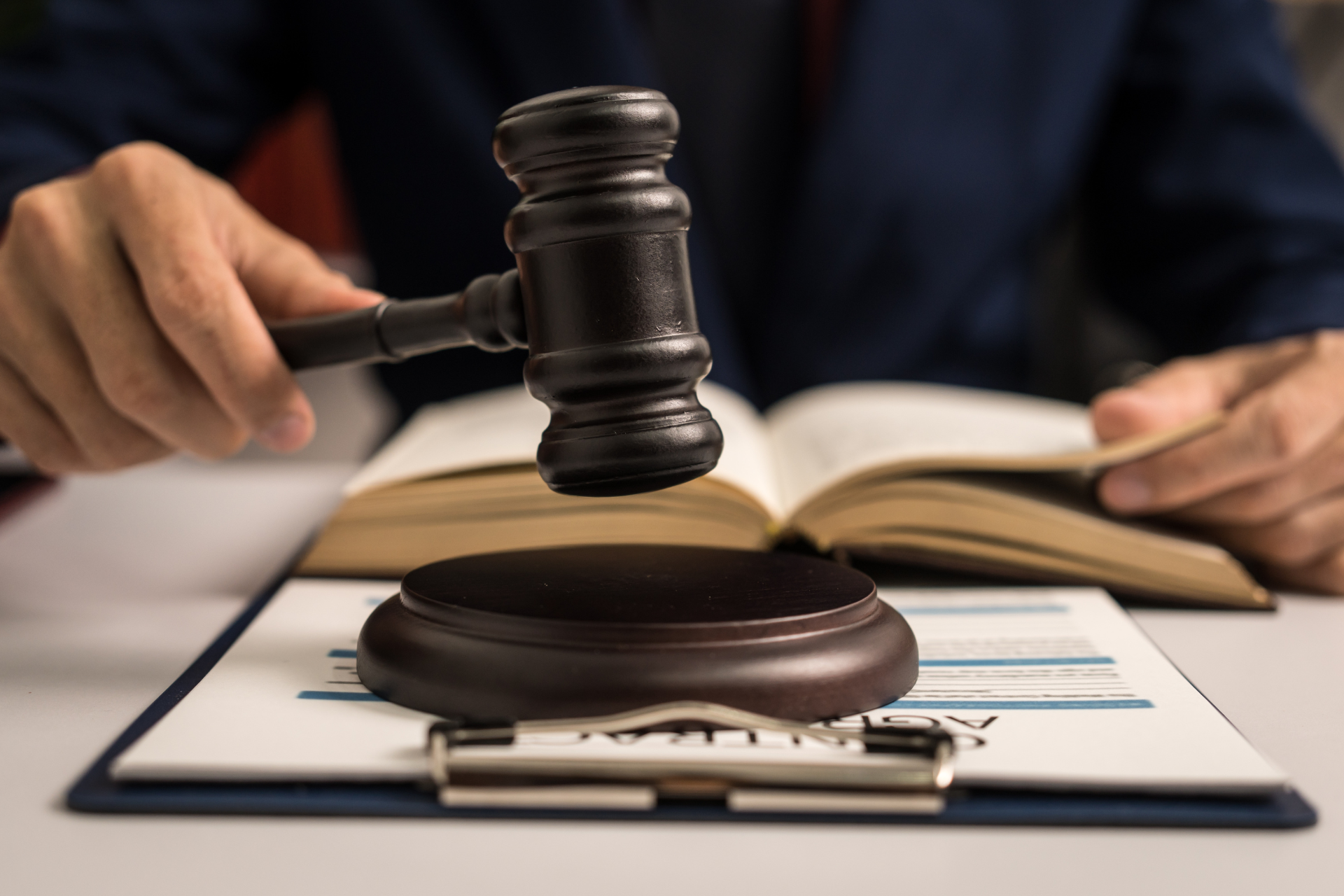Rick Piereck | Jun 18 2025 14:00
Attorney-Client Privilege Explained: What Every Client Should Know
Why Attorney-Client Privilege Matters — And How It Protects You
When facing legal challenges, one of your most powerful protections is attorney-client privilege — a legal principle that keeps your private conversations with your lawyer confidential. Without this privilege, people might hesitate to fully disclose facts to their attorney, which could severely weaken their legal defense or case strategy.
If you’re considering hiring a lawyer, understanding how attorney-client privilege works — and when it applies — can help you protect yourself and make informed decisions.
What Is Attorney-Client Privilege?
Attorney-client privilege means that any communication between you and your lawyer, when made privately for the purpose of seeking or providing legal advice, cannot be disclosed to others — not even in court. This applies to conversations in person, phone calls, emails, and other written or electronic communications.
In other words: what you tell your lawyer stays between you and your lawyer.
Why This Privilege Matters
Attorney-client privilege gives you peace of mind. It ensures that:
✅ Your lawyer can’t be forced to testify against you.
✅ Confidential conversations about your case remain protected.
✅ Sensitive information stays out of court and off the public record.
This trust allows you to speak freely and give your attorney the full picture — which helps them build the strongest possible legal strategy for your situation.
When Does the Privilege Apply?
For attorney-client privilege to be in effect:
-
The communication must be between you (the client) and a licensed attorney.
-
It must be intended to remain confidential.
-
The purpose must be to seek or provide legal advice — not casual conversation.
Important Exceptions
Like any legal rule, attorney-client privilege has limits:
-
If you share the privileged information with a third party (friend, family member, or coworker), the protection may be lost.
-
Communications about future crimes or ongoing harm are not protected.
-
Sharing documents related to the case with outside parties can also waive the privilege.
Being aware of these exceptions helps you avoid unintentional breaches.
The Bottom Line: Protect Yourself With Qualified Legal Counsel
Attorney-client privilege exists to protect your rights and foster honest communication with your lawyer. However, knowing when and how it applies isn’t always simple.
That’s why having an experienced attorney on your side is critical. At Piereck Law, LLC, we take client confidentiality seriously — and we’ll ensure you understand how to protect yourself every step of the way.
Facing a legal matter? Let’s talk. Contact Piereck Law today at www.PiereckLaw.com or call 443-684-2165 for a confidential consultation.















